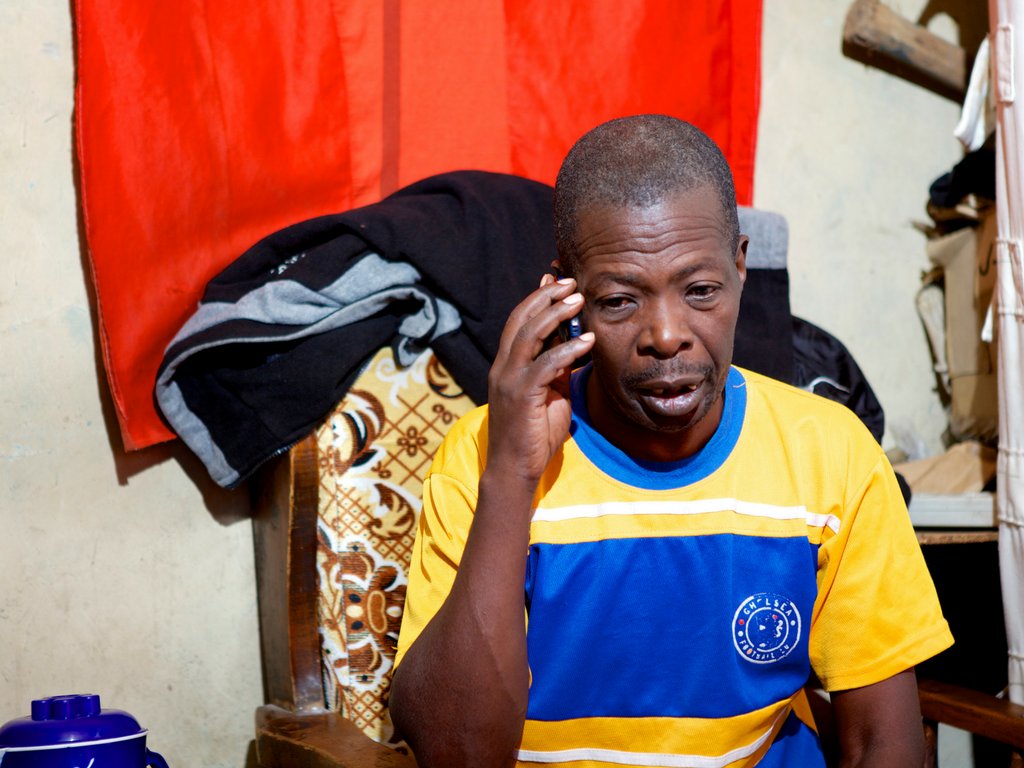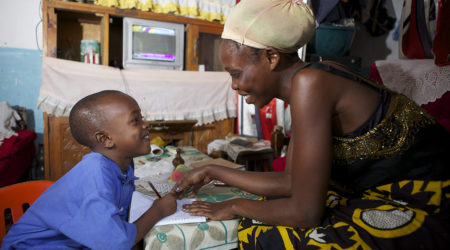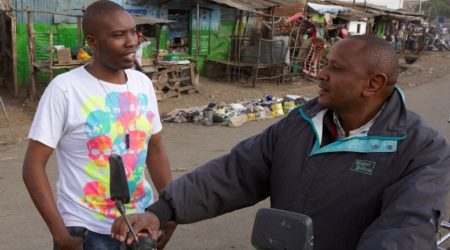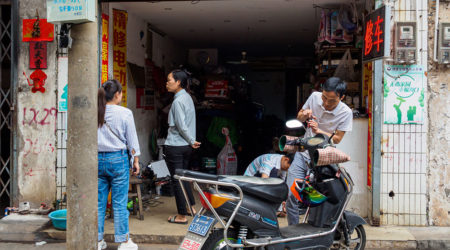How are things now? Summary of September/October COVID diaries findings

Originally posted on the FSD Kenya Website, November 11, 2020
Between 7 September and 14 October, our team spoke with 207 participants from the Kenya Financial Diaries, tracing the ways COVID-19 was impacting their lives. Since our previous round of calls in June, we saw some improvements in economic well being on average, particularly in Nairobi, where the economic contraction caused by COVID-19 had hard-hit low-income people in the informal sector. At the same time, aid is declining, while a significant share of families continues to see their economic situations deteriorate. In previous rounds of our study, nearly everyone was struggling as the pain of the economic slowdown took its toll on rural and urban areas and across sectors of the economy. Perhaps the most significant trend we see now is the striking divergence between those recovering and those continuing to fall back.
“There is no corona”
During our calls, new COVID-19 infections had dropped and news of a major corruption scandal involving the theft of COVID-19 response funds circulated around the country. Restrictions were eased on the sale of alcohol in restaurants and bars and the nationwide curfew was extended from 9pm to 11pm. It felt like day-to-day life could get back to normal. Many respondents, particularly in rural areas, scoffed at the idea of coronavirus itself. “There is no corona,” they said. Many said they thought the Kenyan government was merely inventing surging case figures to secure the donor funds they intended on looting for themselves. They were relieved to get back to work, feeling the country had been duped again by selfish leadership.
Economic turning point, but still not back to normal
As previous restrictions eased, migrants returned to Nairobi and again found work both in the informal sector and in more formal employment as factory work, for example, seemed to resume back to full time. Many who had seen their salaries cut by half reported their full wages being restored. About 30% of our sample said things were improving for them economically since our last conversation in June. We saw average economic stress fall from an 8 out of 10 to a 7 out of 10. But wages remained low, at a median of about KES 2000 in the previous two weeks, well below normal, though a 56% improvement over June’s income levels.


The share of households receiving any kind of relief (mostly food) has fallen from 29% to 17% while 16% are still skipping meals because of scarcity.
While some general optimism was beginning to improve for the majority, a significant share of respondents (33%) said things were getting worse. In rural areas, we heard that purchasing power remained low, making it hard for businesses to recover. A number of individuals didn’t have the capital to start trading again. Transport earnings remained low as well. Cold and wet weather cut the earnings of tea pickers already under significant strain from shorter shifts. In urban areas—particularly Mombasa—many workers remained on forced leave or reduced shifts while the days of work available via Kazi Mtaani had been cut.
Coping with debt
During the core Financial Diaries (2012-13) and Update (2015), household balance sheets tended towards savings rather than credit. When it came to coping with shocks, families relied first on small bits of savings in the house and then the social network. The covariate nature of the COVID-19 shock made the social network a less reliable source of extra support, and households have turned to credit to smooth consumption. When we spoke to them in September and October 2020, six months into the pandemic, respondents had Kshs6,900 in debt at the median (mean=Kshs44,388), with shop credit and M-Shwari being the most used sources of borrowing. Both offer critical lifelines of liquidity that have sustained people through the past few difficult months, and respondents told us these two are the most important lenders to repay.
Protracted strain puts pressure on relationships and mental health
Our respondents reported a number of additional stressors in their personal relationships because of economic strain. They disagree with their spouses about recovering from the shock or feeling their partners are not pulling their weight. In at least one case, the economic slowdown sent a husband home from Nairobi, where the wife learned for the first time about his infidelities and the diversion of resources towards mistresses in town. The strain of these relationships and the pain of foregone expenditures on important things—like healthcare and dignified burial of loved ones—is taking a heavy toll on a number of respondents’ mental health.
A surge in COVID-19 cases
Since the middle of October, rumours of a second lockdown have begun to spread amidst a surge of COVID-19 cases nationwide. Expanded reopening of schools was put on hold this week, and the Minister of Health has pleaded with Kenyans to take the mask mandate more seriously. With the poorest Kenyans having exhausted their savings and hit the limits of the borrowing capacity, another lockdown could be devastating, just as incomes were beginning to recover.



